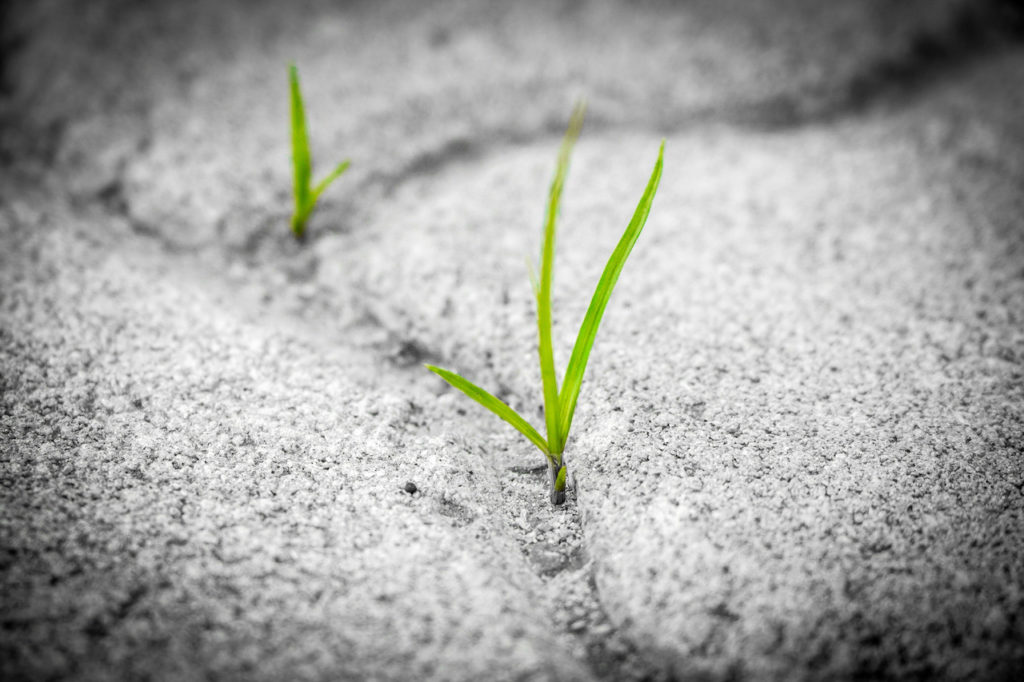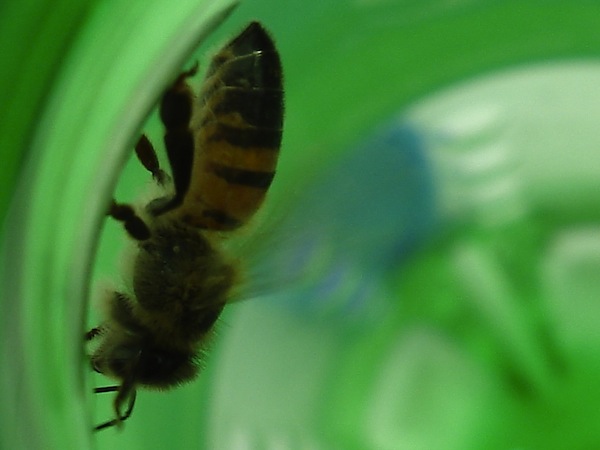The expression “pull oneself up by one’s bootstraps” is used to refer to a situation in which someone has to use his or her own means to get up after a fall, recover from an adverse situation or start a project.
From this expression originates the concept of bootstrapping, which denotes any process that is initiated without external assistance. Thus, in computer science bootstrapping or booting is the starting sequence of a computer through which a basic software is activated to load the operating system. In business, bootstrapping refers to the process of starting a company with personal capital and using mainly the ideas, knowledge and skills of its founders.
There are times when the people, organizations and communities we serve do not have abundant resources to undertake sustainability endeavors. With this in mind, we relied on the idea of bootstrapping to develop a model that allows us to proceed effectively in these cases.
This model, which we call eco-bootstrapping or ecobooting, consists of identifying how to use available resources to initiate sustainability habits and practices, generating conditions for these to develop organically.
In nature it is common to find seeds that germinate in unexpected spaces, giving rise to plants that even under adverse conditions come to flower and produce seeds from which new plants can emerge.
Similarly, the ecobooting methodology begins with simple but effective actions that bring about cultural change and make way for more far-reaching measures. In this way it is possible to promote sustainability by avoiding costly, complicated or disruptive processes.





